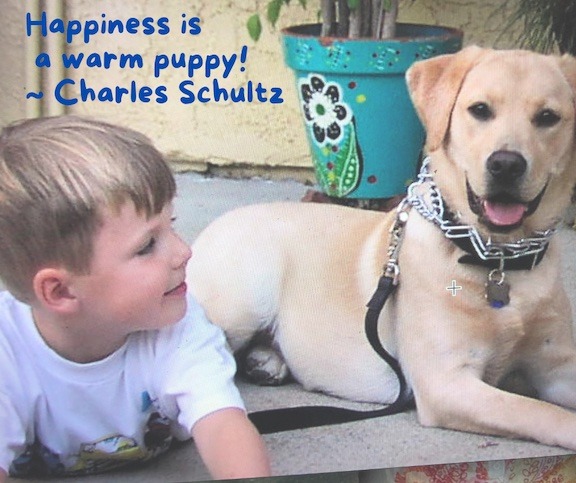Helping A Child Understand When A Pet Dies

We can’t underestimate the impact that losing a pet has on a family, especially on a child who has known that pet as a part of the family his or her entire life. Helping a child grieve when a pet dies can be a challenging and sensitive process. It is a fine line to walk between the reality of death and the compassionate desire to spare undo heartache. We have a few things to keep in mind as you navigate through this difficult time.
Be Honest and Age Appropriate: Using simple language that a child can understand is a good place to start. Best to avoid euphemisms like “went to sleep” or “went away” which will bring questions further down the road as well as cause confusion or even fear. Saying that the pet’s body has stopped working and cannot be fixed is one simple way to explain things. If the child is old enough to understand terms like “died” or “passed away” it is best to use them.
Encourage Expression of Feelings: Let the child know that it is okay to be sad, angry, confused or other emotions that they are feeling. Talking, drawing or writing, are all good outlets for expression. Let them know you are experiencing grief as well and that their feelings are valid.
Provide Comfort and Reassurance: The best way to help a child through any kind of loss is to be there for them. Cuddles, extra reassurance, and spending more time together will reassure the child that they are not grieving alone. Answer their questions honestly and thoughtfully. Just listening will be soothing. This is a time when you can talk with your child about what happens when a pet or loved one dies, using simple and straightforward language according to their age.
Let Them Memorialize Their Pet: As we recommended in our last blog, it is often comforting in the moment and in the future to create a memorial for the pet. Consider making a photo collage, drawing and framing a picture, or planting a tree or flower in their memory. A small memorial service where everyone in the family talks about their memories of the pet can create a more cheerful closure to the loss.
Next in our series of pet loss, we will address some tips to help an elderly friend or relative who has lost a pet companion.


















